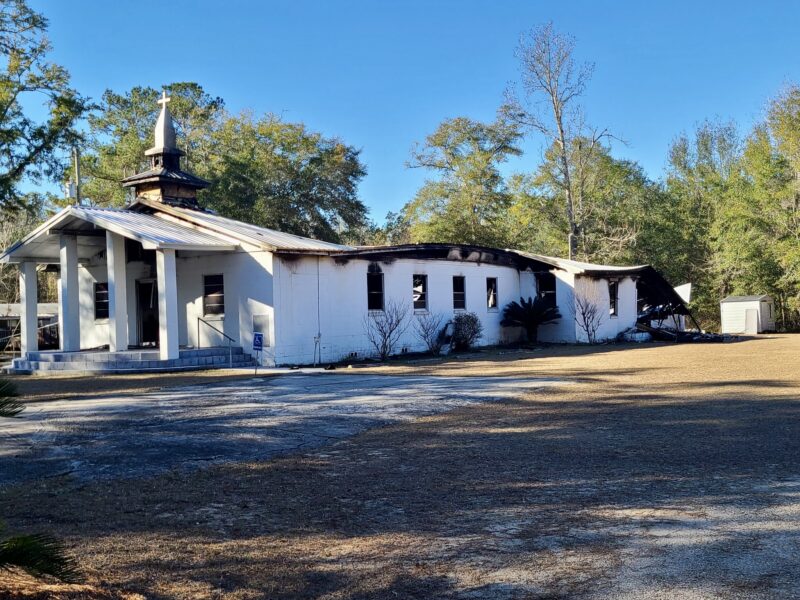Know What’s Below Ground: Safe Digging Starts with 811
Digging, whether for landscaping, agricultural improvement, or infrastructure installation, poses significant risks when underground utilities are not properly located. In Florida, contacting Sunshine 811 before excavation is not only a legal requirement but also an essential safety practice.
Understanding 811 vs. 911. It is important to distinguish between emergency response and damage prevention. While 911 is reserved for active emergencies, 811 is a proactive service that allows property owners and contractors to request the marking of buried utilities before initiating excavation. This free and efficient system helps prevent unintentional damage and ensures safer project execution.
When to Contact 811. An 811 notification is required before engaging in any activity that modifies terrain at any depth, including but not limited to:
- Livestock burial during emergencies
- Drain tiling in agricultural fields
- Creating wildfire fuel breaks
- Installing fence posts or signposts
- Stump removal or land grading
Regardless of the depth, even small projects pose potential threats to buried infrastructure such as gas, electric, water, and telecommunications lines.
The Role of Utility Markings and White Lining. Upon receiving a notification, utility companies will dispatch personnel to mark lines using color-coded indicators. Each color corresponds to a specific type of utility, enhancing visibility and guiding safe digging practices.
For large or complex dig sites, white lining is strongly encouraged. This process involves the excavator marking the proposed dig area with white paint or flags, allowing utility personnel to identify and mark the affected zone with greater precision.
Pipeline Depth Is Not Guaranteed. The depth of underground infrastructure is subject to change due to erosion, landscaping, and settling. Therefore, assumptions about line placement are unreliable and potentially hazardous. Only verified utility markings should guide excavation decisions.
Recognizing Hazards and Emergency Response Underground utility strikes can have serious consequences. Natural gas and petroleum products may ignite or burn upon release. Some may cause serious irritation, and certain displacing gases can reduce oxygen levels in the surrounding area.
Recognizing unsafe conditions is critical. Warning signs of a potential leak or utility failure may include:
- Hissing or roaring sounds
- Pools of liquid or vapor clouds
- Gaseous or unusual odors
- Bubbles in standing water
- Areas of dead or discolored vegetation
If any of these signs are observed, treat the situation as an emergency. Immediately evacuate the area, abandon equipment, and move to a safe distance. Then, call 911 and notify the pipeline company responsible for the affected area.
Information Required When Placing a Locate Request. To initiate a locate request through 811, callers should be prepared to provide:
- The specific location and boundaries of the dig site
- The nature of the work to be performed
- The scheduled start date
- The estimated start time for excavation
Florida law requires at least two full business days’ notice before beginning any work, excluding weekends and holidays.
Community Safety and Legal Compliance. Failure to comply with 811 regulations can result in service disruptions, environmental damage, personal injury, or legal penalties. Prompt communication with Sunshine 811 is a straightforward measure that protects individuals, infrastructure, and the broader community.
For more information, visit https://www.sunshine811.com.
Donna Arnold is the small farms & residential horticulture agent for FAMU/UF/IFAS Extension Gadsden County.



